I recently had the privilege of spending a week with one of the Godfathers of Survival, Mors Kochanski. While Mors’ resume includes 40+ years as an outdoor educator, researcher, author, and scholar, which unto itself is impressive, it simply does not do Kochanski justice. When it comes to Wilderness Living Skills and Survival, simply put, the man is an ‘Einstein.’
It has been a few weeks since my return from Canada and I am still trying to wrap my head around everything Mors had imparted. Quite literally, I have years of study, reading, practice and writing in front of me from that special visit.
How much of that information gets translated to Master Woodsman or elsewhere remains to be seen. Nonetheless, one lesson I can share from Mors right now is his view (in my words) on Survival Knowledge vs. Common Sense and the need for training.
A quick look at the Merriam-Webster dictionary states common sense is sound and prudent judgment based on a simple perception of the situation or facts.
Knowledge, defined, is information, understanding, or skill that you get from experience or education.
Most people, including myself, put a lot of stock in common sense. However, for the wilderness traveler from today’s society, perhaps it is something that is relied upon too much. Before we continue the discussion, here are just a few examples as food for thought on the importance of knowledge… Note, some of these examples are Mors’, some are mine.
Fasting as a means of long-term survival. Common sense says eat when you can in a survival situation. However, if you read my article, Edible Wild Plants for Survival, (Not) So Fast, you gain the knowledge that after ~4 days of fasting, your body becomes more efficient burning fatty acids for energy. If you can NOT get enough food to meet your Basal Metabolic Rate in calories (~1,350}, or if you eat even as little as 150 grams of carbs, you lose that efficiency advantage and may die in a quarter of the time versus if you didn’t eat at all. A person of normal weight can go without eating for at least six weeks without any irreversible damage.
Stream crossing. You cross a fast moving ice-cold stream that is knee deep on a trip in the back country. On the way back, you find the stream now appears waist deep. Your intuition says it will be twice as difficult to cross as the depth has doubled. In actuality, the force has increased 40 to 60 times making it impossible to cross. And you wonder how people die in waist deep water.
Staying still in cold water vs. exercise. Exercise is one of the three ways we as humans can produce heat. On land, this is a viable solution to stave off cold if fire is not available. Common sense would have you believe this solution should work while in water, but to the contrary, moving rapidly in water will cool you off very rapidly through convection and conduction. Should you fall into this situation awaiting rescue, by simply floating you could make it an hour where in the same cold water, movement could have you expire in as little as 15 minutes.
Canoeing into a strong wind. In front of you is the shore you need to reach, yet the strong head-wind is making it extremely difficult to keep your canoe pointed straight, forcing you to paddle harder to no avail. If only you were taught the simple maneuver of moving towards the front of the canoe to paddle so the stern acts as a weather vane in the wind. Many have perished by not knowing this simple technique.
First Aid. Common sense may be your only guide in some situations, however, the more knowledge you have the better when it comes to Wilderness Medicine. The examples here are many. Having specific knowledge not only for treatment, but the assessment itself could be a life or death decision.
Clothing. Knowing how to dress is the #1 skill. There would be far less deaths from exposure in the wilderness if more folks knew how to do so for the weather and their environment. Check out this video of Mors from Karamat Wilderness Ways as an example of knowledge over what one would normally think…
The Need For Training
Going back to our definition of knowledge, it is, information, understanding, or skill that you get from experience or education.
Some information and understanding you absolutely can get from books and even the internet. However, there is some knowledge you can only gain through experience. As my grandmother said to me frequently, “experience is the best teacher, but it is also the hardest.” There is good reason for that though.
How will you appreciate what it is like to light and maintain a fire in a cold rain until you have that experience? How will you know if you can get adequate rest in a make-do situation until you build a shelter and bed and spend the night in it?
Wet, heat, cold, hunger, thirst, difficult travel, insects, hard beds, aching muscles — all these at one time or another will be your portion. If you are of the class that cannot have a good time unless everything is right with it, stay out of the woods. One thing at least will always be wrong. When you have gained the faculty of ignoring the one disagreeable thing and concentrating your powers on the compensations, then you will have become a true woodsman, and to your desires the forest will always be calling. – Stewart Edward White, THE FOREST, page 116.
So why train and does it matter where?
Now that we have an idea why knowledge is so important and in many cases critical, how do you acquire it? First and foremost, you have to want it to own it. We keep a list of schools under Survival Training in the main toolbar. There are also some great training opportunities in our Events page and Literature both under Resources too. Remember, you are making an investment, not only in yourself, but your family and friends who need you to make it home or may someday rely on you in the field. Choose wisely.
Another consideration is where you train. Learning skills in a backyard or campground is one thing. Doing it in a context (read backcountry) where civilization isn’t 100 yards away makes it experience.
More To Come From Kochanski
As a heads up to the readers here, we will have more on Mors published (somewhere) in the near future and we will let you know.
Special thanks, love, and gratitude to Randy and Lori Breeuwsma of Karamat Wilderness Ways for ALL the support. And especially HUGE thank you to Mors and Diana for everything!


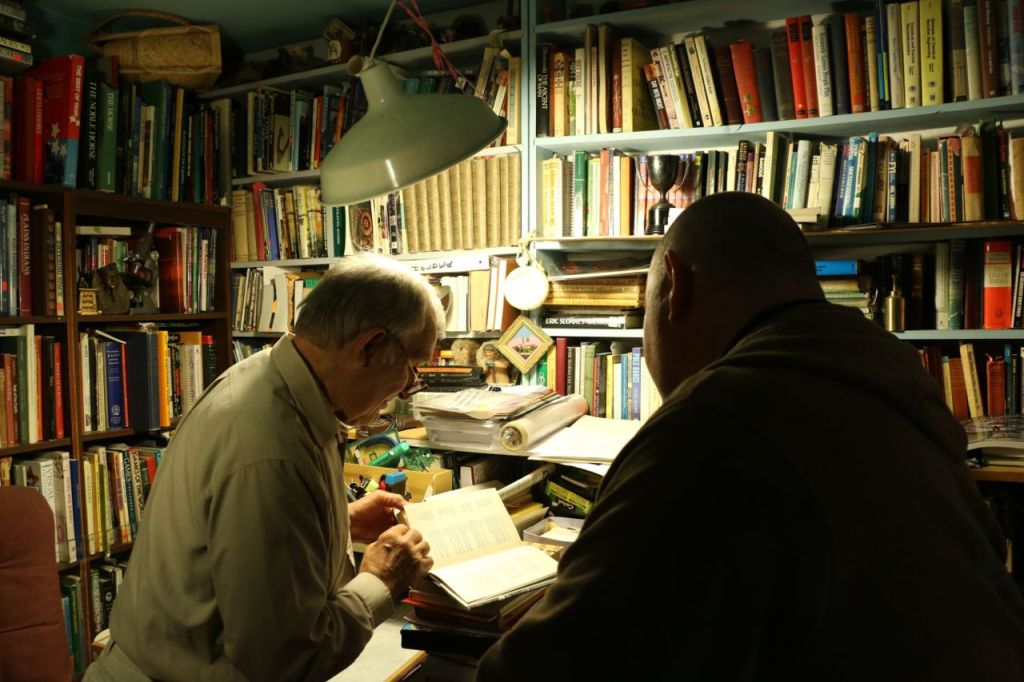
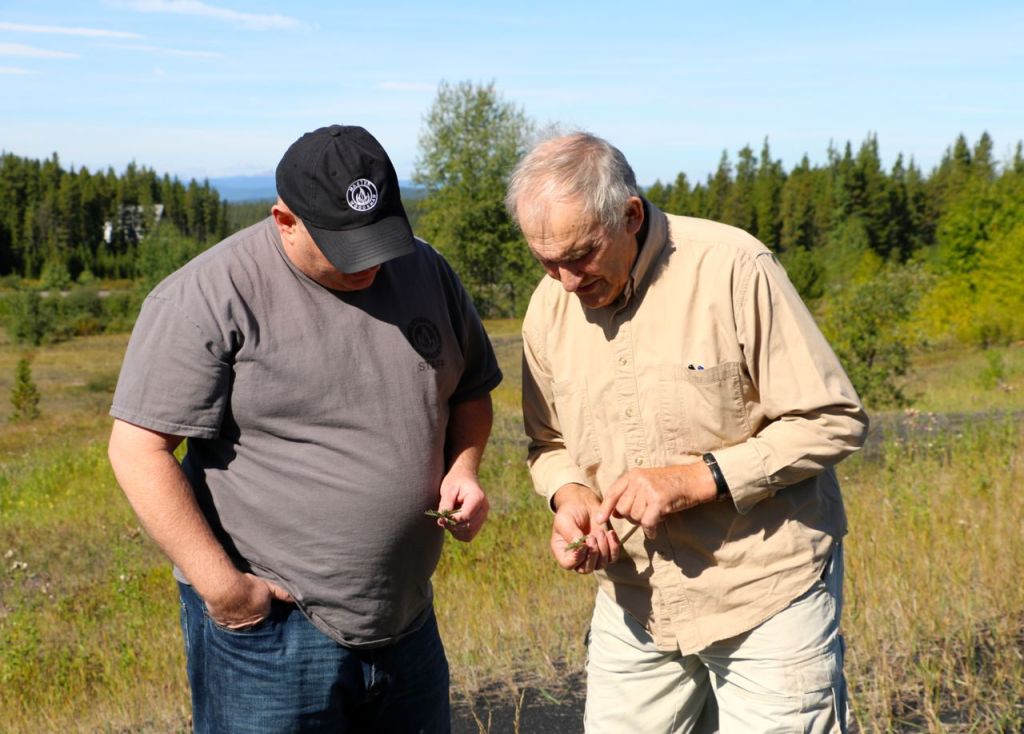
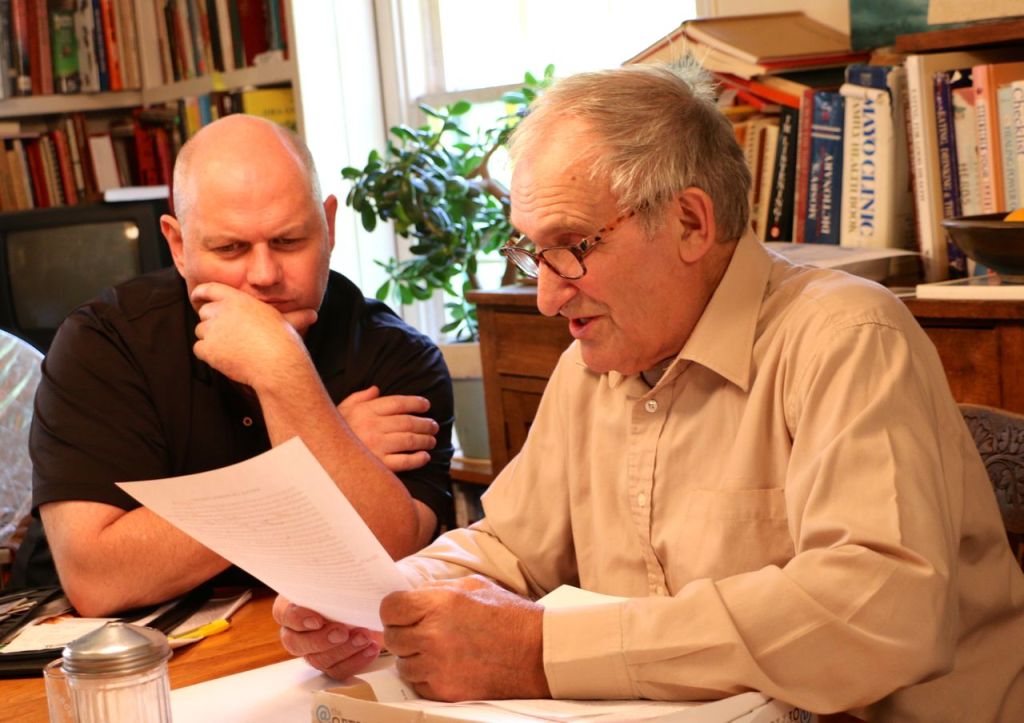
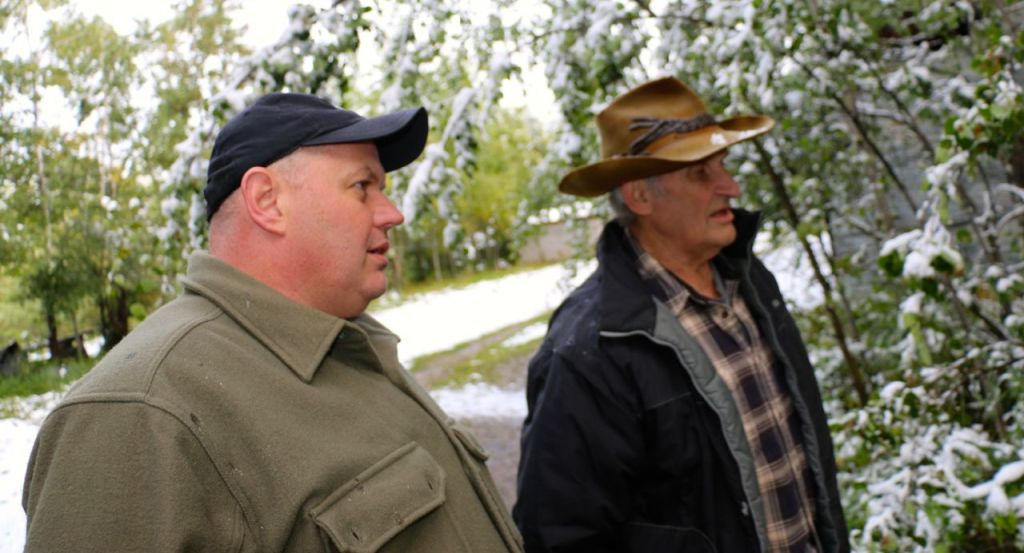
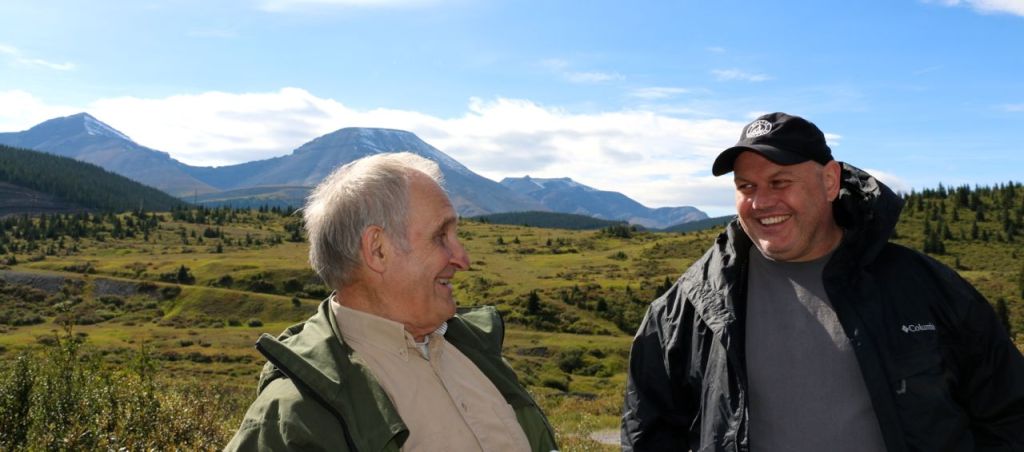
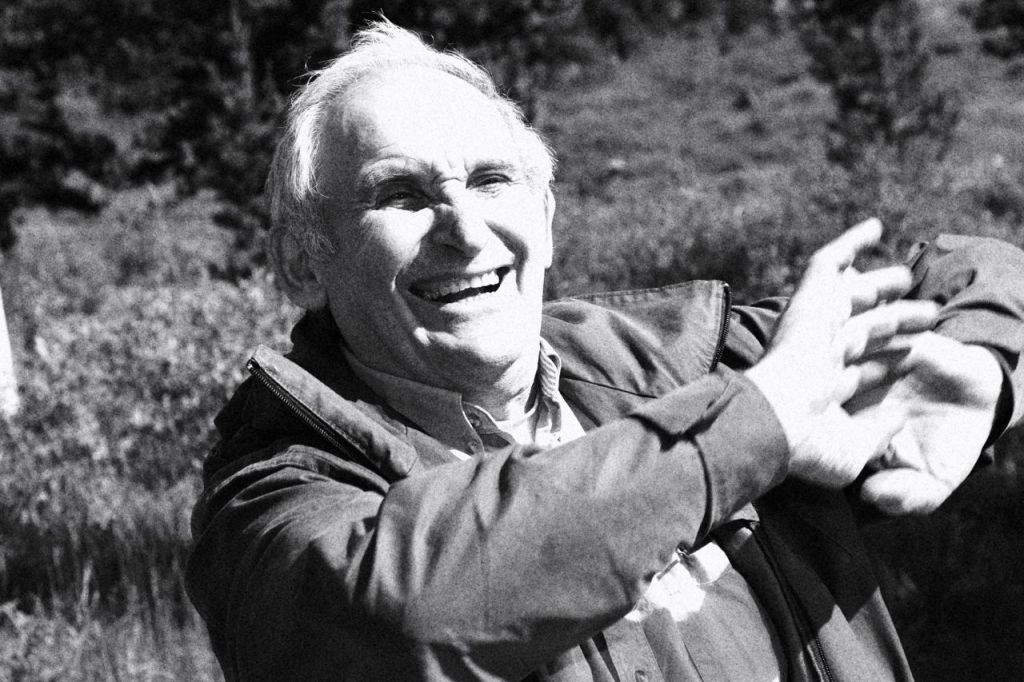
18 Responses to Knowledge vs. Common Sense for Wilderness Living Skills and Survival